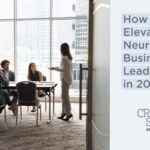Written By: Olivia Nero, Neurodiversity Ally and Creative Spirit Intern 2023, and Menachem Rephun, Communications Manager, Creative Spirit

Gen Z could easily be described as the most diverse generation. Instead of letting that diversity divide them, however, Gen Z is embracing it and turning it into a strength. This younger generation is more open about themselves than previous generations, and is changing society’s perception of people with disabilities. In short, they want to make the world a better and more inclusive place for everyone. July 26 will mark the 33rd anniversary of the Americans With Disabilities Act (ADA), the most important disability rights legislation ever passed in the U.S. The ADA has been groundbreaking in protecting the rights of people with disabilities, but discrimination is still a problem. Today, Gen Z might be the solution.
Previous generations, such as Baby Boomers and Gen X, have been less open about disability and are less likely to talk about or report a disability or mental health condition, due to ableism and the perception of disability as a taboo subject. Gen Z is changing that. Many members of Gen Z are open about neurodiversity online and in general. TikTok in particular has become a platform for people to share their experiences as neurodiverse individuals. Many creators are open to sharing their day to day life with a disability, while some have fun using dark humor. One example is Amy Pohl, a Tik Tok creator, who shares content of her experience living with complex Regional Pain Syndrome, Dystonia, Functional Neurological Disorder and PTSD. Since joining TikTok, Pohl has realized that there are many people who share similar experiences, and that she has actually been helping others by making her videos simply about a day in her life. Amy is truly representative of a Gen Z’er who has a greater understanding of disability and ableism through her personal experiences.
People in Gen Z also often value ethics, especially in the workplace and ADA. According to Fanbytes, 99% of Gen Z members say that DE&I initiatives are important to them. Gen Z has done a much better job than previous generations of understanding the changes in work life that must be made to support people with neurodiversity. In fact, 80% of Gen Z has a lower likelihood of applying for a job when there is a lack of support for health issues and neurodiversity. Gen Z also wants to see better representation in marketing which has typically been ableist. As an example, they are more willing to support brands with diverse images. Gucci is a great example of this as they recently launched the Gucci Beauty campaign with Ellie Goldstein who has Down syndrome. This ended up being a record breaking campaign.
For example, although Gen Z views neurodiversity as a strength, women who are neurodiverse are still often unfairly stigmatized compared to neurodiverse men. It is easy to think of several wealthy, neurodiverse male CEOs, such as Twitter CEO Elon Musk, who has shared his diagnosis of Asperger’s Syndrome, and British business leader Richard Branson who has dyslexia. On the other hand, there are very few neurodivergent female CEOs. This is partly because many women struggle with the decision to disclose the fact that they are neurodiverse due to fear of being stigmatized. Unfortunately, neurodiversity is often seen as a strength in men, but a weakness in a woman.
Typically boys with ADHD are often accepted as impulsive, but when these traits are demonstrated in girls with the same diagnosis, they are viewed unfavorably. For example, a lot of girls and women with disabilities like autism and ADHD go underdiagnosed, because of tired old stereotypes about what boys and girls should act like. Another issue is that women are often diagnosed with neurodiverse conditions later in life, making it harder for them when entering the workforce. The Hill says neurodiversity is often viewed as a positive trait for male entrepreneurs while neurodiverse women are likely to be overlooked or discriminated against, and tend to be viewed through the lens of a double bias toward their gender and neurodiversity.
15-20% of the population is neurodiverse #ADA. According to a data poll also from The Hill, at least one in seven women are neurodiverse. There is a chance that this could be even higher because women are less likely to be diagnosed with a neurodiverse condition. It is important to realize the unique challenges that they face. Unfortunately, there are barriers that affect everyone who has a disability. Gen Z is beginning to break them down, but there is still so much more to go. With its appreciation of diversity and inclusion, Gen Z is ready to carry the legacy of the ADA forward and fully deliver on its promise.






